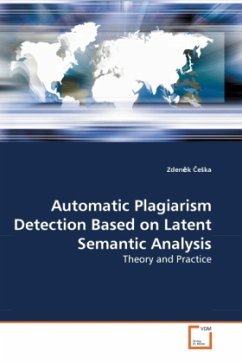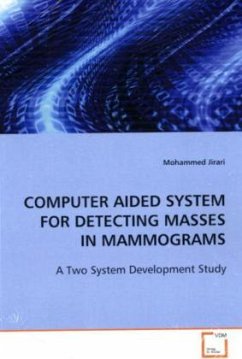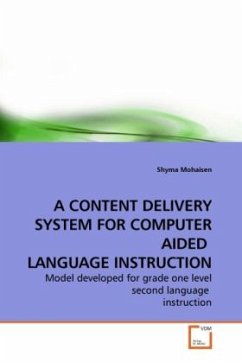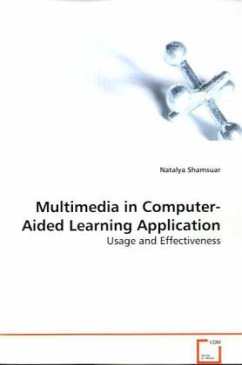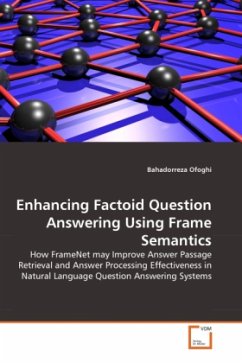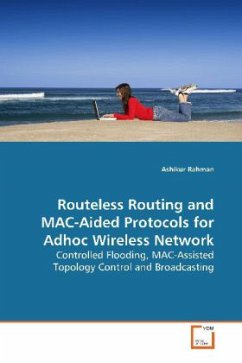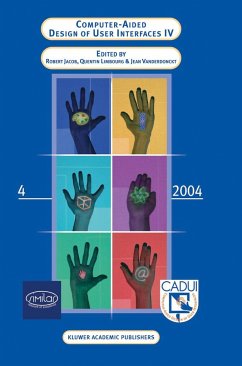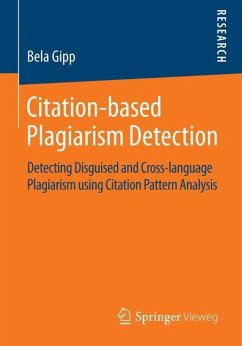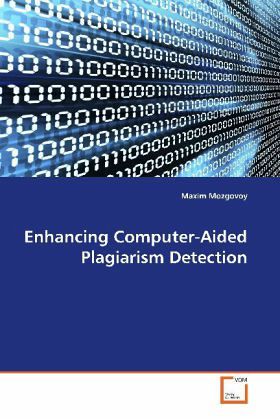
Enhancing Computer-Aided Plagiarism Detection
Versandkostenfrei!
Versandfertig in 6-10 Tagen
32,99 €
inkl. MwSt.

PAYBACK Punkte
16 °P sammeln!
This work is dedicated to the problem of computer-aided plagiarism detection, i.e. to the development and the use of software instruments that help to reveal plagiarism. The creation of such tools raises specific algorithmic problems that deserve attention. The results covered in this work, include: (a) Building the taxonomy of existing plagiarism detection methods according to their speed and reliabilitycharacteristics. (b) Studying and improving string matching algorithms used in plagiarism detection. Introducing tokenizers for the natural language texts, applying natural language parsers fo...
This work is dedicated to the problem of computer-
aided plagiarism detection, i.e. to the development
and the use of software instruments that help to reveal
plagiarism. The creation of such tools raises specific
algorithmic problems that deserve attention. The
results covered in this work, include: (a) Building the
taxonomy of existing plagiarism detection methods
according to their speed and reliability
characteristics.
(b) Studying and improving string matching algorithms
used in plagiarism detection. Introducing tokenizers
for the natural language texts, applying natural
language parsers for plagiarism detection in order to
enhance the quality of the detectors. (c) Optimizing
the speed performance of string matching based
plagiarism detection algorithms by applying a
combined fast and reliable scoring scheme.
Developing an efficient parameterized matching
procedure. (d) Developing a fast string matching based
plagiarism detection algorithm.
aided plagiarism detection, i.e. to the development
and the use of software instruments that help to reveal
plagiarism. The creation of such tools raises specific
algorithmic problems that deserve attention. The
results covered in this work, include: (a) Building the
taxonomy of existing plagiarism detection methods
according to their speed and reliability
characteristics.
(b) Studying and improving string matching algorithms
used in plagiarism detection. Introducing tokenizers
for the natural language texts, applying natural
language parsers for plagiarism detection in order to
enhance the quality of the detectors. (c) Optimizing
the speed performance of string matching based
plagiarism detection algorithms by applying a
combined fast and reliable scoring scheme.
Developing an efficient parameterized matching
procedure. (d) Developing a fast string matching based
plagiarism detection algorithm.



